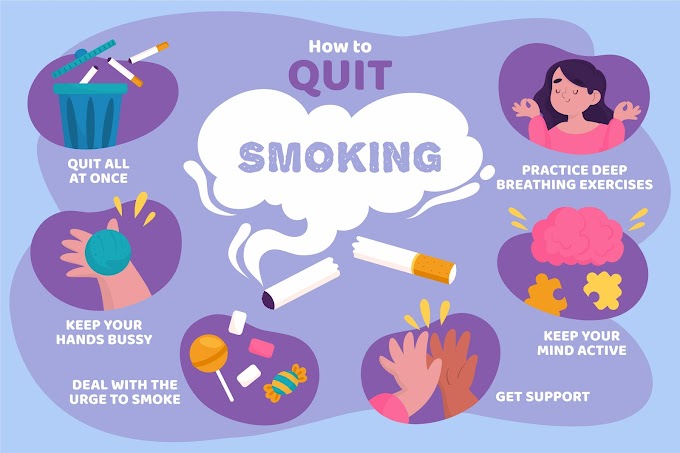Vaping has become a popular alternative to smoking in recent years, but there is still ongoing debate about whether or not it is actually safer than smoking. While some research suggests that vaping may be less harmful than smoking, there is still much that is unknown about the long-term health effects of vaping.
Many experts believe that vaping is likely to be less harmful than smoking, as it does not produce the same toxic chemicals that are produced when tobacco is burned. However, there is also evidence that vaping may carry its own risks, including the potential for respiratory problems and the possibility of accidental ingestion of the liquid used in e-cigarettes. Overall, it is difficult to definitively say whether or not vaping is worse than smoking, as more research is needed to fully understand the potential health effects of this relatively new behavior. Article on Smoking
Vaping
Vaping, on the other hand, is the inhalation and exhalation of vapor produced by an electronic device, such as an e-cigarette. Vaping does not involve the burning of any substance, and the vapor typically contains fewer chemicals than smoke from traditional cigarettes.
While the long-term health effects of vaping are still being studied, it is generally accepted that vaping is a much less harmful alternative to smoking. Vaping can help reduce the risk of developing smoking-related diseases, as well as other health risks associated with smoking. It can also help smokers transition away from traditional cigarettes and stop smoking altogether.
Smoking Vs Vaping
Vaping and smoking are two popular methods of consuming nicotine, but the two have some significant differences. Vaping involves inhaling vaporized liquid, which typically contains nicotine and other chemicals, while smoking involves burning tobacco to create smoke that is then inhaled.
One of the main differences between vaping and smoking is the health risks associated with each. Smoking carries with it an increased risk of cancer, heart disease, and other serious illnesses, while vaping has been found to be a significantly safer option. Research has shown that vaping typically contains fewer carcinogens than smoking, and it is generally considered to be safer for the lungs.
Another difference between vaping and smoking is the cost. Smoking is generally more expensive than vaping, due to the cost of cigarettes and other tobacco products. Vaping, on the other hand, generally involves buying the device, e-liquid, and other supplies, but these costs can be offset by using refillable devices and buying in bulk.
Finally, vaping and smoking have different levels of convenience. Smoking requires the user to carry a lighter and ashtray, and often requires a designated smoking area. Vaping, on the other hand, is much more discreet and convenient, as the user can simply take out their device and causal use it anywhere.
Which is worse for you: vaping or smoking?
Vaping is often considered to be a healthier alternative to smoking, but is it really? Unfortunately, the answer is no. While vaping may be less harmful than smoking cigarettes, it still poses numerous health risks.
Studies have shown that vaping can cause respiratory problems, including bronchitis, asthma, and COPD. It can also damage your lungs and heart. Additionally, vaping can contain nicotine, which is an addictive substance and can have detrimental effects on the body, such as increased blood pressure and heart rate.
Furthermore, vaping can expose users to chemicals such as lead, formaldehyde, and cadmium, which are all known to be dangerous to human health. Additionally, the vapor from vaping can contain ultrafine particles, which can be inhaled deep into the lungs and can cause inflammation.
Overall, while vaping may be less harmful than smoking cigarettes, it still poses numerous health risks. Therefore, it is important to be aware of these risks and to make an informed decision about whether or not it is worth the risk.

.jpg)




.jpg)